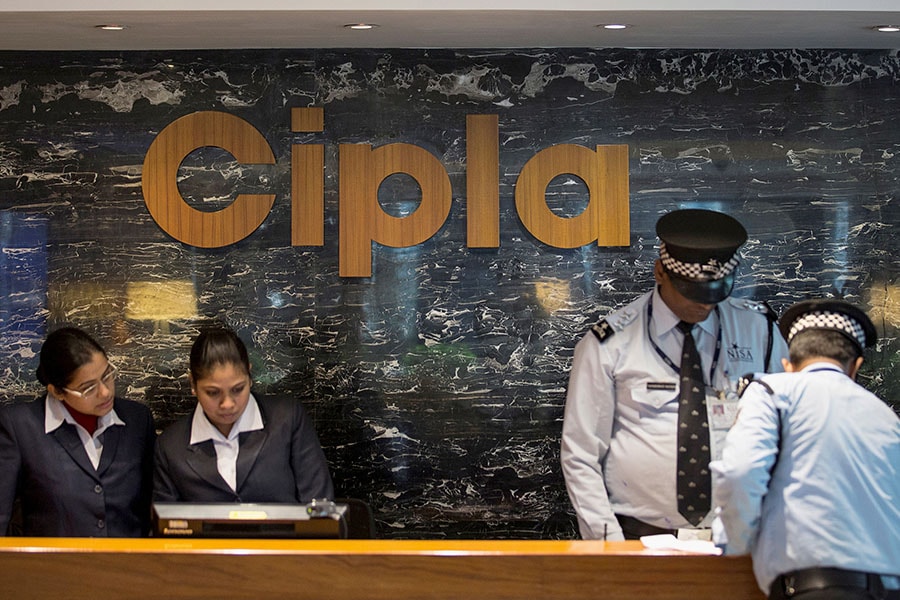
Morning Buzz: Cipla promoter family looks to sell stake; internet costs squeeze India Inc, and more
By Samar Srivastava| Jul 28, 2023
Here are the top business headlines this morning to get your day started
 [CAPTION]Cipla promoters are in talks with private equity (PE) funds—Blackstone, Advent and KKR, among others. Image: Danish Siddiqui / REUTERS[/CAPTION]
[CAPTION]Cipla promoters are in talks with private equity (PE) funds—Blackstone, Advent and KKR, among others. Image: Danish Siddiqui / REUTERS[/CAPTION]
Cipla promoter family in talks with PE funds for stake sale
Cipla promoters are in talks with private equity (PE) funds—Blackstone, Advent and KKR, among others—to sell a part of the holding company, according to people with knowledge of the matter. Kotak has been mandated to manage the deal, and depending on the offer received, the promoters may offload either part or all of their 33 percent stake. As a reaction to the news as well as robust results posted by the company, the stock jumped 10 percent to close at Rs1,172. The company, in a filing, said that a disclosure would be made at an appropriate time.
(Times of India, Moneycontrol)
Interest costs squeeze India Inc
Interest expenses are the fastest growing head, resulting in a fall in earnings even as raw material and energy costs have fallen. The combined interest expenses of 271 companies were up 36.2 percent year-on-year, according to an analysis by Business Standard. The companies collectively spent Rs21,183 on interest expenses. As a percentage of net sales, interest expenses declined to 2.83 percent, down from 3.6 percent in 2018-19 and 2019-20. Net sales for the same companies were up 5.9 percent in Q1FY24, decelerating from 38.6 percent in Q1FY23.
(Business Standard)
Loans against mutual funds
Banks and non-banking finance companies are offering loans against mutual funds. The move comes as mutual funds become a sizeable portion of an individual’s net assets. Loans are being offered for a maximum of 50 percent of the value of the mutual funds at rates of 9-10 percent. In comparison, rates for loans against gold can rise as high as 24 percent, and personal loan rates are as high as 18 percent. The tenure is usually for 12 months, with amounts ranging between Rs10,000 and Rs1 crore.
(Economic Times)
Government looks to extend PLI scheme to chemicals and petrochemicals
The Minister of Finance has indicated that the government may look to extend the production-linked incentive (PLI) scheme to chemicals and petrochemicals, as stringent manufacturing regulations and rising labour costs make it attractive for companies to set up shop in India. The minister also indicated that the capacity created must be in an environmentally sustainable manner and meet India’s goals of zero carbon emissions by 2070.
(Times of India, BusinessLine, Economic Times)